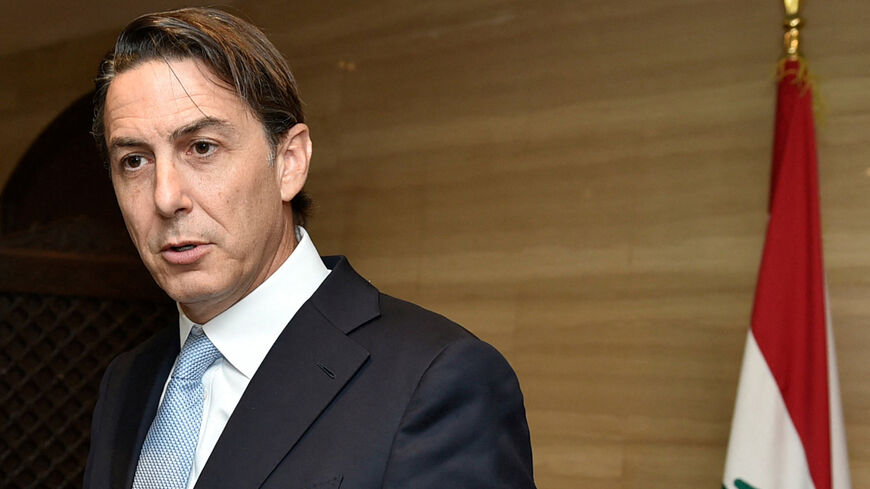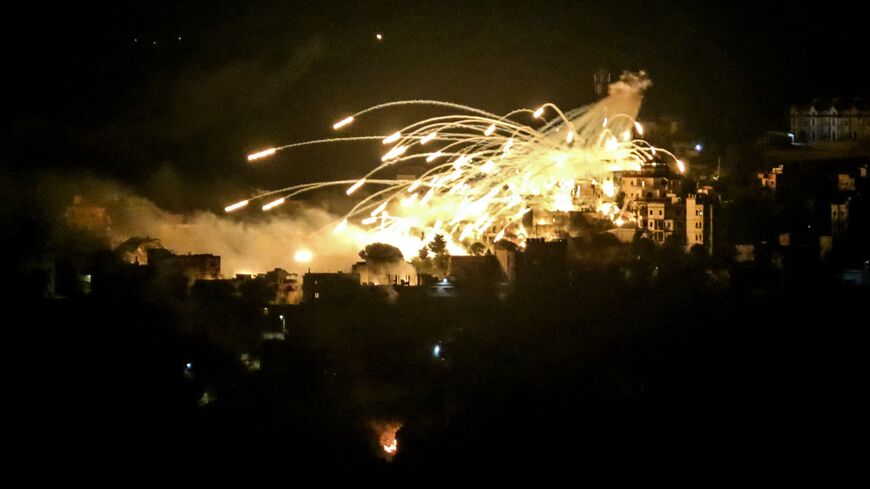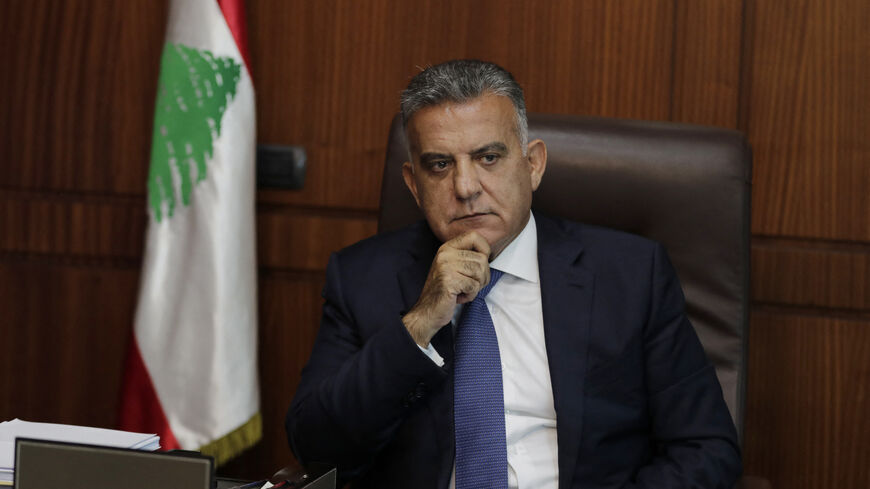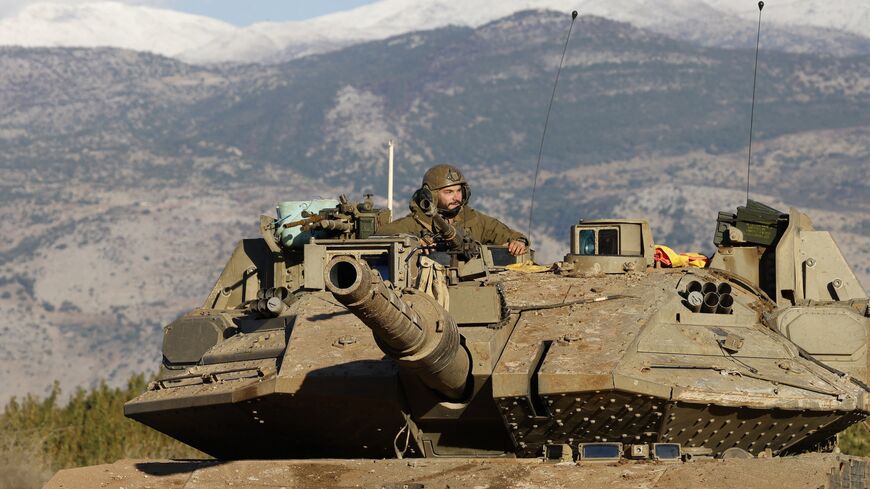Cautious optimism in Lebanon as Israel inches toward cease-fire deal
Lebanon is awaiting Israel’s decision on a US-brokered cease-fire deal even as Israeli strikes continue across the country.

BEIRUT — The Israeli military continued to pound Lebanon’s capital Beirut and elsewhere in the south on Tuesday amid cautious optimism in the country that a cease-fire deal could be announced as early as Tuesday night.
Lebanon’s caretaker foreign minister, Abdallah Bou Habib, expressed hope Tuesday that a deal would be approved soon. Speaking at a conference in Rome, he said his government is ready to deploy at least 5,000 additional Lebanese army troops in the south under a cease-fire deal.
He also mentioned that the United States could play a role in rebuilding the infrastructure destroyed in Israeli strikes in the south.
“We cannot stop the resistance as long as there is occupation,” he said.
Israel stepped up its airstrikes across Lebanon in mid-September and began a limited ground invasion in the south following nearly a year of cross-border exchanges with Hezbollah that erupted Oct. 8, 2023.
Since then, more than 3,700 people have been killed and nearly 15,700 others injured in Israeli attacks in Lebanon, according to data from the Lebanese Health Ministry.
In Israel, Hezbollah attacks have killed around 90 soldiers and nearly 50 civilians, according to the country’s authorities
Along with Paris, Washington has been pushing in recent weeks for an end of the Israel-Hezbollah hostilities. US envoy to the Middle East Amos Hochstein headed to the region last week to iron out the details of a fresh cease-fire proposal.
The deal reportedly calls for a 60-day cease-fire during which the Israeli army would withdraw from the south. It also calls for the dismantlement of Hezbollah’s military infrastructure south of the Litani River (some 30 kilometers or 18 miles north of the border with Israel) and the removal of its fighters from the area, to be replaced by Lebanese army troops and UN peacekeeping forces as stipulated in UN Resolution 1701, which ended the 2006 war between Israel and Hezbollah.
Under the cease-fire deal, an international monitoring committee headed by the United States would ensure its implementation.
In a speech last Wednesday, Hezbollah Secretary General Naim Qassem said his group had given mediators its response on the deal but cautioned that the ultimate decision rests with Israeli Prime Minister Benjamin Netanyahu.
Israel's security cabinet is convening later on Tuesday to discuss the deal at a meeting chaired by Netanyahu. A senior Israeli official told Reuters that the cabinet will “likely” approve it.
Earlier on Monday, White House national security spokesperson John Kirby told reporters, “We’re close.”
Senior Lebanese sources told Reuters on Monday that President Joe Biden and his French counterpart Emmanuel Macron would announce a deal “imminently.”
EU foreign affairs chief Josep Borrell urged Israel to approve the deal Tuesday. “No more excuses. No more additional requests,” he told a G7 foreign ministers meeting in Italy.
Hours ahead of the security cabinet meeting, Israel launched heavy airstrikes in the southern Beirut suburb of Dahiyeh following evacuation orders for citizens to leave some 20 buildings.
At least three people were killed and 26 others injured in another strike in the Nuwairi area in central Beirut.
The UN human rights organization expressed its “deep concern” Tuesday over the escalation in Lebanon and reiterated its call for an immediate cease-fire.
“UN Human Rights Chief Volker Turk is gravely concerned by the escalation in Lebanon with at least 97 people reportedly killed in Israeli airstrikes between Nov. 22 and 24,” Jeremy Laurence, a spokesperson for the Office of the High Commissioner of Human Rights, said at a Geneva press briefing.
“Israeli military action in Lebanon has caused wide-scale loss of civilian life, including the killing of entire families, widespread displacement and the destruction of civilian infrastructure, raising serious concerns about respect for the principles of proportionality, distinction and necessity,” he added.







